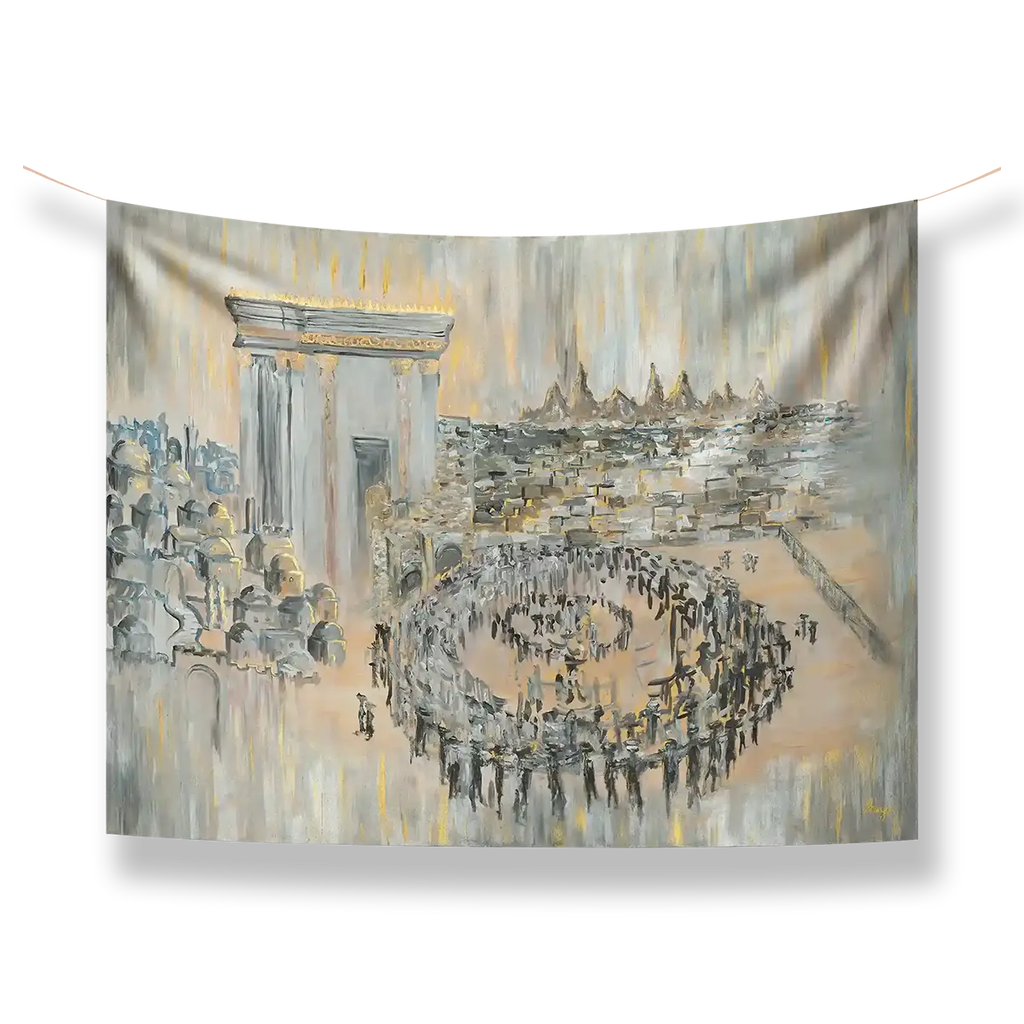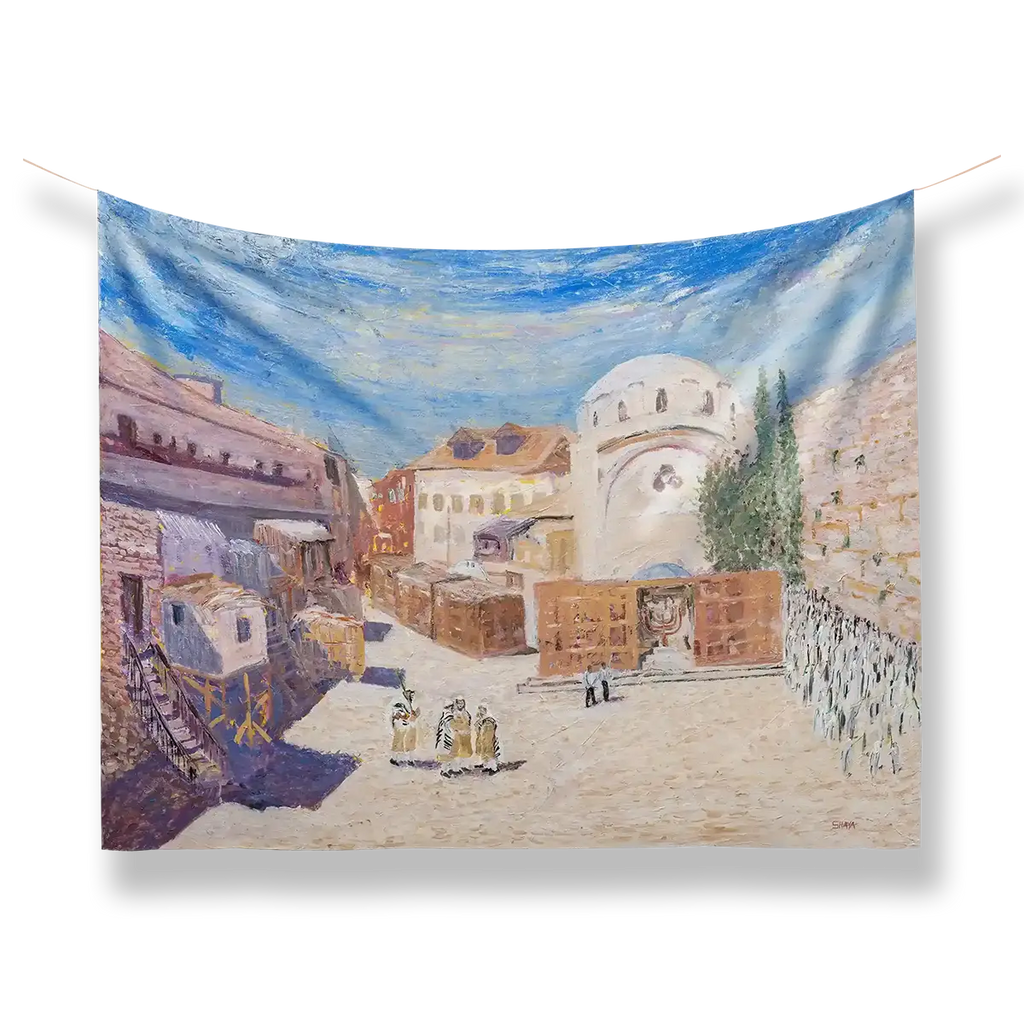Sukkot, the Festival of Tabernacles, is a significant Jewish holiday marked by the construction of sukkahs—temporary dwellings—as a reminder of the Israelites' journey through the desert. One intriguing aspect of Sukkot observance is the distinction between Jews in Israel and those outside of Israel regarding the number of days the holiday is celebrated. This blog delves into the reasons behind this distinction and what it signifies for Jewish communities worldwide.
1. Origins and Biblical Context
Sukkot is mandated in the Torah (Leviticus 23:34-36) as a seven-day festival, with the first day being a holy day. However, outside of Israel, an extra day (known as Yom Tov Sheni Shel Galuyot) is added to many Jewish holidays, including Sukkot. This practice dates back to ancient times when the new month was declared based on witnesses sighting the new moon, a process that took time to communicate across distances.
2. Halachic Perspectives: Declaring the New Month
In ancient times, the Jewish calendar was lunar-based, determined by the sighting of the new moon (Rosh Chodesh). Witnesses who saw the new moon would travel to Jerusalem to testify before the Sanhedrin, the Jewish high court. Upon verification by the Sanhedrin, the new month would be officially declared, signaling the start of the new lunar cycle and the beginning of holidays such as Sukkot.
3. Delays in Communication: Why Jews Outside Israel Observed an Additional Day
The process of declaring the new month relied on direct eyewitness testimony, which could take time to verify and communicate across long distances. In ancient times, this meant that Jewish communities outside Israel, particularly in distant lands, might not receive confirmation of the new month until several days after it had begun in Israel. Consequently, to ensure that they were observing the holidays on the correct days according to the lunar calendar, the rabbis decreed that Jews outside Israel should observe an additional day for festivals such as Sukkot.
3a. Communication Challenges:
Due to the limitations of ancient communication methods, such as messengers traveling by foot or by ship, it could take weeks for Jewish communities in distant lands to receive news of the new month's declaration. For example, those in regions like Babylonia might not receive confirmation until well after the holiday had begun in Israel.
3b. Unity and Preservation of Tradition:
To prevent any confusion or desecration of the holidays, the rabbis enacted a universal practice for Jews outside Israel to observe an extra day. This practice ensured that all Jews, regardless of their location, maintained the integrity of the lunar calendar and celebrated the holidays in unity with the community in Israel.
3c. Modern Observance:
Today, advancements in technology and communication have made it possible to determine the calendar mathematically rather than relying solely on visual sightings. Despite these advancements, the tradition of observing an additional day of Sukkot remains steadfast among Jewish communities outside Israel, honoring historical practices and maintaining continuity with generations past.
Conclusion
The two-day observance of Sukkot outside of Israel not only reflects historical considerations of lunar calendar observance but also serves as a testament to the unity and resilience of the Jewish people across geographical boundaries. As Jews worldwide prepare to celebrate Sukkot, these traditions remind us of our shared heritage and the enduring values that unite us as a global community.
Closing Thoughts
May the observance of Sukkot, whether for one day in Israel or two days outside, bring joy, unity, and spiritual enrichment to all who celebrate. In the sukkah, we find not only shelter but also a symbol of our faith, perseverance, and connection to generations past and future.
























Leave a comment